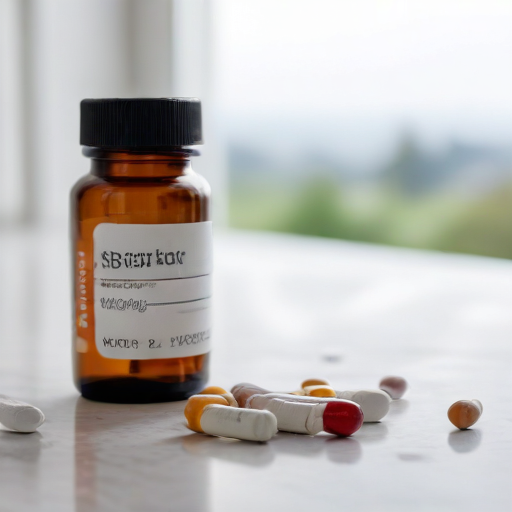Johnson & Johnson announced on Monday that it has submitted a request to the U.S. Food and Drug Administration (FDA) to broaden the use of its ketamine-based medication, Spravato, allowing it to be employed as a standalone therapy for treatment-resistant depression.
First approved by the FDA in 2019, Spravato was initially authorized for use in conjunction with an oral antidepressant among patients whose symptoms did not improve through multiple antidepressant treatments. Johnson & Johnson highlighted that nearly 30 percent of the approximately 280 million individuals globally diagnosed with major depressive disorder experience treatment-resistant depression.
Bill Martin, the head of neuroscience at Johnson & Johnson, emphasized the struggles faced by patients with difficult-to-treat depression, noting the toll that ineffective cycles of various treatments can take both on the individuals and their families.
The recent application for expanded approval was supported by data from a late-stage clinical trial indicating that Spravato, when used as a standalone treatment, can alleviate symptoms as soon as 24 hours after administration and maintain effectiveness for a minimum of four weeks.
Spravato is delivered via a nasal spray and must be taken under medical supervision. Unlike traditional antidepressants that target neurotransmitters like serotonin and dopamine, Spravato enhances the action of glutamate, the brain’s most prevalent neurotransmitter, which is essential for neuron communication.
Sales of Spravato experienced a remarkable 60% increase, reaching $271 million in the quarter ending June 30, compared to the same timeframe in 2022. As of now, the medication has been utilized by 100,000 individuals across 77 countries.
This potential new use for Spravato offers hope to many individuals battling debilitating depression. If approved, it could provide a much-needed option for those who have struggled to find effective treatment, emphasizing the importance of innovation in mental health therapies.
The shift towards standalone treatments could not only enhance the quality of life for patients but also represent a significant advancement in the approach to managing treatment-resistant depression.
